Uncategorized
-
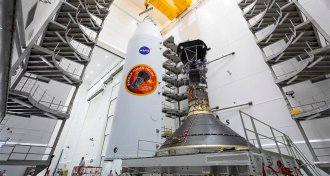 Astronomy
AstronomyWith launch looming, the Parker Solar Probe is ready for its star turn
The Parker Solar Probe is scheduled to launch on August 11 to become the first spacecraft to touch the sun.
By Lisa Grossman and Helen Thompson -
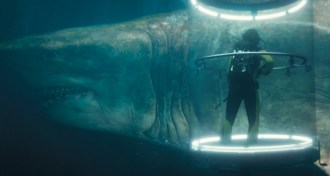 Paleontology
PaleontologyWhat ‘The Meg’ gets wrong — and right — about megalodon sharks
A paleobiologist helps Science News separate shark fact from fiction in the new Jason Statham film The Meg.
-
 Astronomy
AstronomyA faint glow found between galaxies could be a beacon for dark matter
Intracluster light may help reveal where dark matter resides within galaxy clusters.
-
 Health & Medicine
Health & MedicinePregnant women’s use of opioids is on the rise
The rate of opioid use during pregnancy more than quadrupled in 28 U.S. states, prompting physicians to call for increased screening.
-
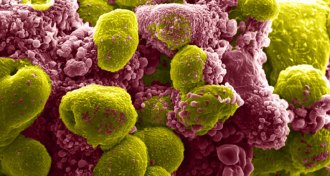 Life
LifeHere’s how fast cell death can strike
Scientists have measured how quickly the signal to commit form of cellular suicide called apoptosis travels.
-
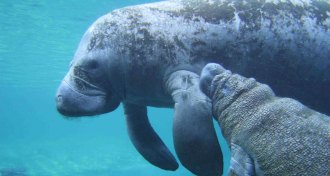 Animals
AnimalsA ghost gene leaves ocean mammals vulnerable to some pesticides
Manatees, dolphins and other warm-blooded marine animals can't break down organophosphates due to genetic mutations that occurred long ago.
-
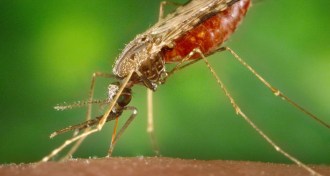 Health & Medicine
Health & MedicineA newly approved drug could be a boon for treating malaria
Tafenoquine could help prevent the recurring form of malaria, but the drug may also be dangerous for people who have a certain genetic mutation.
-
 Science & Society
Science & SocietyThe trouble with water, be it too much or too little
Editor in Chief Nancy Shute discusses the future of water and global issues associated with water scarcity and rising sea levels.
By Nancy Shute -
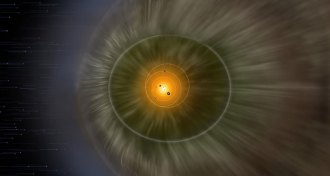 Astronomy
AstronomyNew Horizons may have seen a glow at the solar system’s edge
New Horizons may have seen a hydrogen wall just past the edge of the solar system, where the solar wind meets the stuff of interstellar space.
-
 Climate
ClimateReaders question dark fusion, Antarctic ice melting and more
Readers had questions about Antarctic ice melting, dark fusion and greenhouse gas emissions.
-
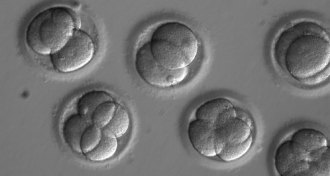 Genetics
GeneticsResearchers say CRISPR edits to a human embryo worked. But critics still doubt it
Researchers say that they have confirmed CRISPR/Cas9 edits of a heart disease–causing version of a gene, but critics still have doubts.
-
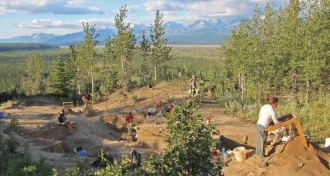 Archaeology
ArchaeologyThe debate over people’s pathway into the Americas heats up
Defenders of an ice-free inland passage for early Americans make their case.
By Bruce Bower